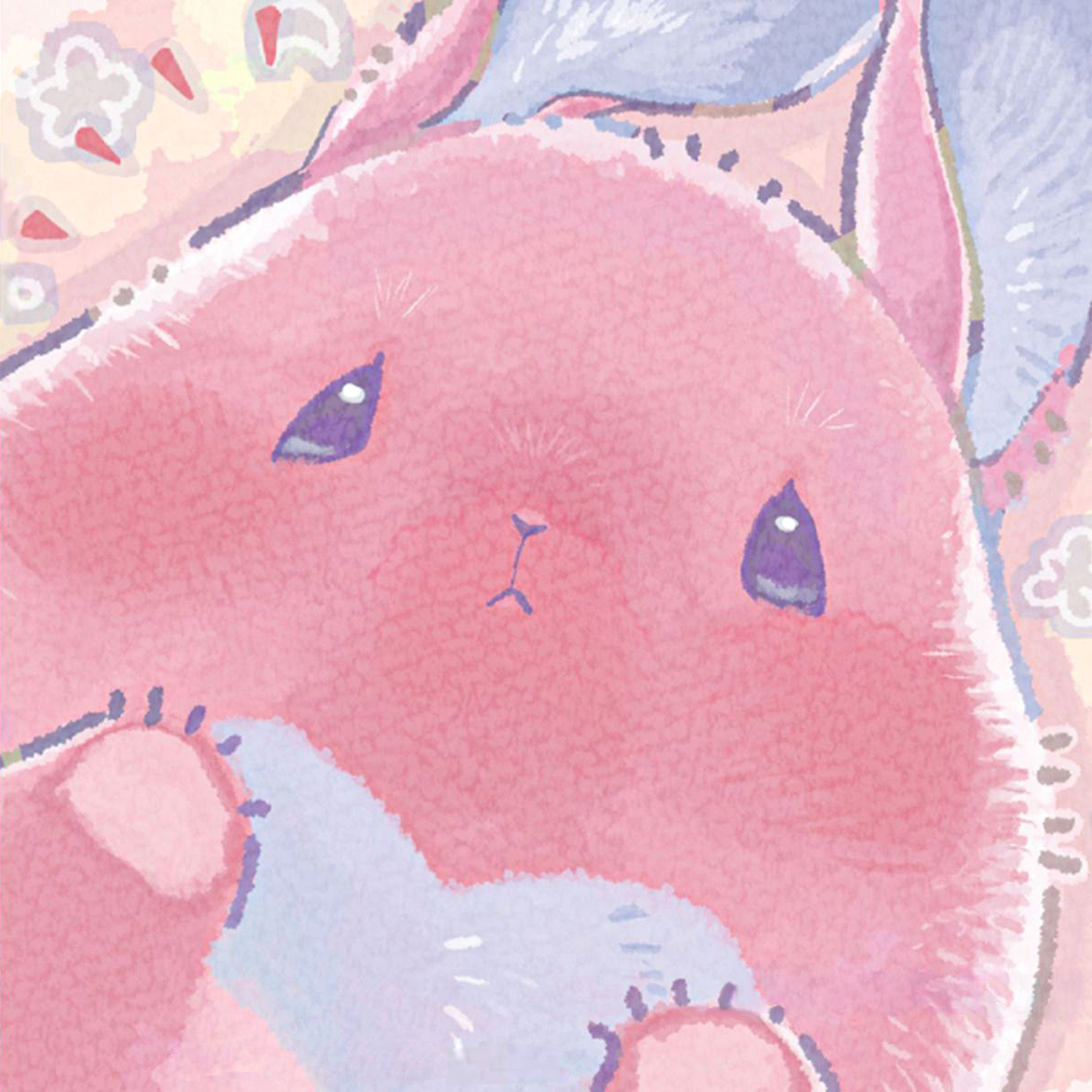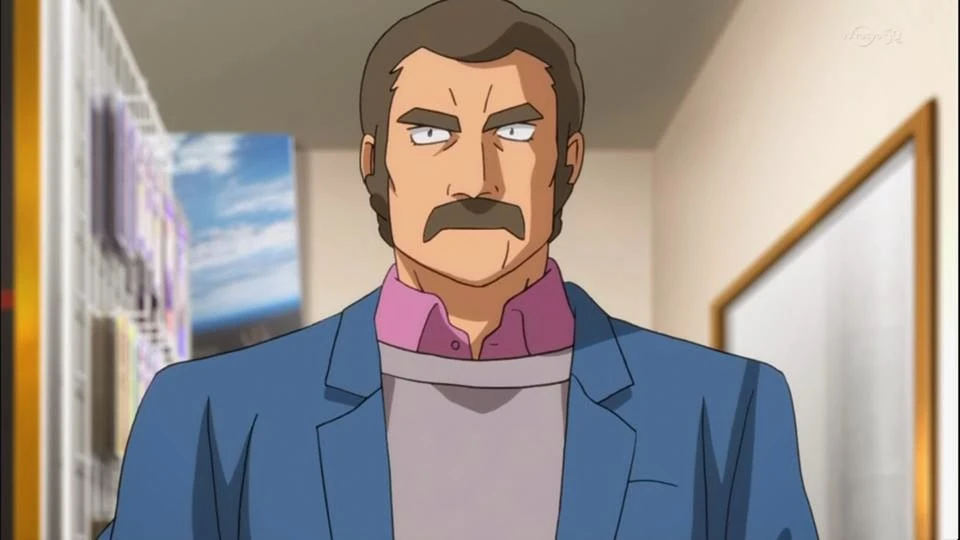Like the title! I want to cultivate some helpful skills but do so gradually, as a hobbyist. Tempted to get into lockpicking, haha.
It’s gonna sound lame but get a 90s copy of the boy scout handbook and learn all the stuff in it by putting yourself in situations where you will use them. For things like tourniquets and other first aid, take a class. Don’t be afraid to update the methods by looking up stuff online.
If you’re not sure why I suggested this: bsa operated at one point as a pipeline into the military for children. The skillset it teaches is basically hobby infantry.
Why specifically a 90s copy (I only have a 2009 copy)?
There’s like a million reasons but broadly speaking the brown cover with the compass and photos on it is a happy medium before the organization tried to adapt outside of being an equivalent to the Nazi children’s program it was started to provide parity for.
Not really, but in terms of creating a group of children who have the skillset to be stormtroopers.
That’s good for American children (especially opening up the group to girls!), but it means the manual has lost a lot of what made it a good literal baby steps guide to building skills that will serve you in conflict.
Again, you want the last gasp of fascism edition because swimming a mile isn’t Nazi coded or woke, it’s continuing to live coded.
There’s probably a lot of differences but whatever you have is a great start to fitness, mental health and a ton of useful skills and ways of thinking.
Anything before the mid-2000s will have an advancement requirement where you jump fully clothed into water over your head, and either turn your clothes into flotation aids or throw them to shore.
They add new things and change course with every edition, IIRC around that edition (12th ed, 2009) they started padding out the book with filler bullshit like the food pyramid and how to tie a tie.
Now I’m imagining the 1930s Boy Scout manual is just straight up how to DIY your own landmines.
Not far off, Baden-Powell (the OG of the Scouting org) developed his skills and compiled his notes in South Africa, training with Zulu and fighting in the 2nd Boer war.
That one’s fine.
A bit of a weird answer, but listening. Being an active, engaged listener when someone needs to be heard or understood is a skill that can be cultivated like many others - in fact, in case of ND folk like me, we had to learn and remember to apply it. It connects you to the other person, it’s a nice thing to do, and it costs nothing except for your time.
Good point!
Plus, people are pretty fun and interesting if you give them a chance!
Yep, I agree!
Also reminds me of something I read just yesterday:
The urban guerrilla, living in the midst of the population and moving about among them, must be attentive to all types of conversations and human relations, learning how to disguise his interest with great skill and judgement.
In places where people work, study, and live, it is easy to collect all kinds of information on payments, business, plans of all kinds, points of view, opinions, people’s state of mind, trips, interior layout of buildings, offices and rooms, operations centers, etc.
Not necessarily direct praxis but any kind of hand repair skill seems like just fundamentally good to learn and also a fun hobby, like hand sewing.
Carpenters and mechanics came out of the woodwork (heh heh) for a lot of barricades, historically speaking.
Oh, good idea!
I have clothes that I’ve stored for years because eventually I plan to sew the holes on them.
I’ve been meaning to get into sashiko for a while now. Finally got the inexpensive materials together, now I’m just waiting for something that needs a little mend.
Being handy, or being willing to watch a guide and try to fix something is a huge skill for you and those around you. My mom’s brand new dryer messed up and we couldn’t figure it out. I pulled it apart and found a wad of paper stuck in the blower motor. Saved however much new dryers go for these days.
Extending the useful life of everyday things and learning to make your own reduces consumption directly which I would argue is anti-capitalist.
Even better if you can channel that into mutual aid via either helping to educate local comrades or using the fruits of your labor to help your fellow workers.
Hiking is a gateway to a lot of different useful skills and knowledge bases. It’s good exercise for your core and legs which makes you embrace stress/pain productively. Revolution is mostly cardio and it’s good cardio too. You learn your native ecosystems, all of the different components of them, and how society is built on top of them. Ethnobotany is as much a survival skill and poverty food enhancer as it is a really rich field of indigenous studies. I’m much better at intuitively reading the weather, land navigation, climbing, and general bushcraft skills after doing it. Being able to make a solid socioecological critique instead of just a socioeconomic one connects with people who align with us in important values but don’t know how to connect the dots between economy and environment. The more time you spend hiking the more you learn the metabolic value of each individual species/land feature that becomes background noise in our alienation from nature.
Get into hiking, but consider getting into backpacking or overnight backcountry camping in general. I’m a long time canoe camper and did an ambitious hike last year.
The more you do this the more you learn:
- how to prepare and preserve food
- how to acquire water safely
- how far you can get in a day under your own power, on water or land
- how much direct sunlight can actually drain you
- which kinds of weather are too dangerous to go out in
- your own physical and mental limits
- how to help others who don’t share your skillsut or abilities
- plants that can be useful
- flora and fauna to avoid
You made the right call with that thru hike. The first time I went up Longs Peak, a pathological fixation for me since I started that I was determined to do at all costs, I got within sight of the summit and was so dehydrated that it wasn’t safe. Learning when it’s right to turn back was a bigger lesson than I took away from any other hike because it taught me how to prepare for every subsequent one. Like with the stress and pain, I like that hiking provides you a controlled environment to learn failure and self-criticism in productive ways.
Yep, you definitely also made the right call.
Hitting your physical max isn’t fun. Eleven years ago was my first and only trip where I didn’t have enough food, and that has engrained into my brain a particular understanding of scarcity that I never would have otherwise (having not grown up in poverty, of course).
I can’t in good faith recommend that kind of extreme to anyone, but once you’ve at least approached your limits, you have a much better sense of when to stop and rest, how much food you need, or how long that last litre of water is going to last you.
hiking is walking
Walking is cheaper than most other hobbies

Waddya mean cheaper? It’s literally free? Who da heck pays to just go walkin around here!

It’s worth investing in good hiking boots to spare your feet/ankles and a good daypack to protect your spine/shoulders. You can do it for free or get those things second-hand for cheap, but I ended up putting around $300 into my gear once I got serious about that and camping.
Lots of good dry cushy socks too!
Hiking but with a botany twist is a good perspective! We already hike, but I hadn’t considered that part.
An old school communist comrade of mine swears by geocaching
Huh, interesting! Wonder why?
deleted by creator
Oh, that makes a lot of sense!
Getting into fermentation could be interesting. There’s the fun aspect like making beer or wine but there’s also foods like kimchi or sauerkraut or cheese. It’s good to know how to do and could be helpful at preserving food in the near future where it might be necessary.
Making your own ginger beer or your own lactofermented pickles/hot sauces is so fun. Plus, they’re delicious and good for you!
Sandor Katz’s book is a great primer, and if you want a very comprehensive guide of all the fermentation things you can do, then the Noma guide to fermentation is your best bet.
hell yeah homemade kimchi rules
Been meaning to get back into fermentation, used to make all kinds of hot sauces and whatnot.
Kimchi and sauerkraut and kombucha/jin are all way cheaper to make yourself rather than buying. Cheese and bread, not so much.
You can also pickle most perishable foods to make them last longer.
Wild Fermentation by Sandor Ellix Katz is a fantastic resource. It was reading an abridged version of this in zine form that got me started doing fermentation.















